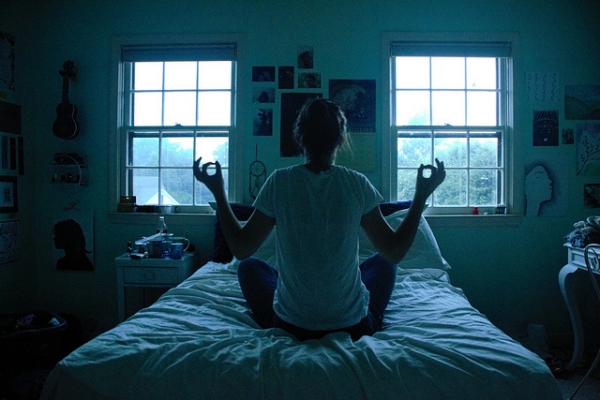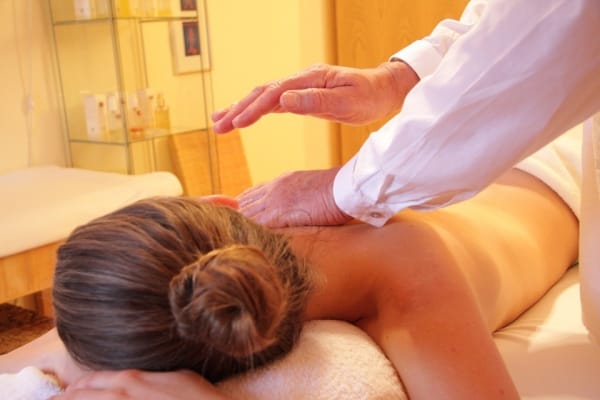A natural approach to dealing with stress
There are millions of us out there who feel like we have too much stress in our lives. With all the pressures of performing well in our jobs, keeping our relationships on an even keel and ensuring our finances are kept in order life puts a lot of demands on us. It’s not surprising that sometimes it can all feel a bit much and we feel under strain with keeping the different plates in our lives spinning.

Source: “Stress” (CC BY-ND 2.0) by Firesam!
While we might not be able to avoid stress altogether, what we can all do is find ways to manage the stress we feel in a better way. Here are just a few examples of ways to combat stress.
Try a complementary therapy
Stress can manifest itself in different ways. For example, you might find if you have a lot on your mind that your sleep is disturbed, or that you feel depressed. Equally, you may find that your digestion is affected. While there are medicines to deal with all of these symptoms, consider trying a complementary therapy instead of going to see your GP. Complementary therapies are an alternative to conventional medicine and are sometimes also known as holistic therapies. This means that they treat the whole of the person, their mind, body and soul, rather than simply dealing with the symptoms. The idea behind a complementary therapy is that it helps a person to relax and re-energize, removing toxins from the body and allowing a person to find their natural equilibrium again.
Massage is one of many complementary therapies that can help in reducing stress and improving someone’s wellbeing. Someone under a lot of stress will often hold themselves tensely, and this can result in neck, back and shoulder pain. In an aromatherapy massage, essential oils are used in conjunction with the massage techniques to unlock this physical tension. And a shiatsu massage energy blockages are released using gentle pressure on
pressure points. This encourages better circulation and energy flow around the body.
Other complementary therapies that are useful for tackling stress include hypnosis, the Alexander technique, acupuncture and reflexology.
Relaxation techniques

Source: “Empty Bed” (CC BY 2.0) by lillie kate
If you wake up feeling stressed in the night, it’s handy to have something that can help you calm down straight away. Learning some self-help relaxation techniques can allow you to exert some control over your anxieties whenever the moment arises. Many relaxation techniques use mental imagery to bring about a sense of calm. You can go on a course to learn a specific relaxation technique, but many can be self-taught at home. They include:
- Mindfulness: This is all about focusing on the current moment and as you do, the worries about the past and future will melt away.
- Quieting: This technique is about diverting the mind from thinking about stressful things by focusing on something that is more relaxing – such as counting sheep, chanting or focusing on your breathing.

Source
- Creative visualization: To reduce anxiety, focus on creating an idyllic scene in your head. Imagine you’re on a beautiful beach, with the breeze in the palms above you and the waves lapping onto the shore. Picture yourself lying on a hammock, gently swaying in the breeze, and as you do any feelings of tension will melt away.
If we can learn to handle the way we deal with stress better, then we can stop stress in its tracks before it really takes a hold on us; affecting our physical and mental health. Next time you’re feeling overwhelmed, try out a complementary therapy or a relaxation technique and see what works best for you.






